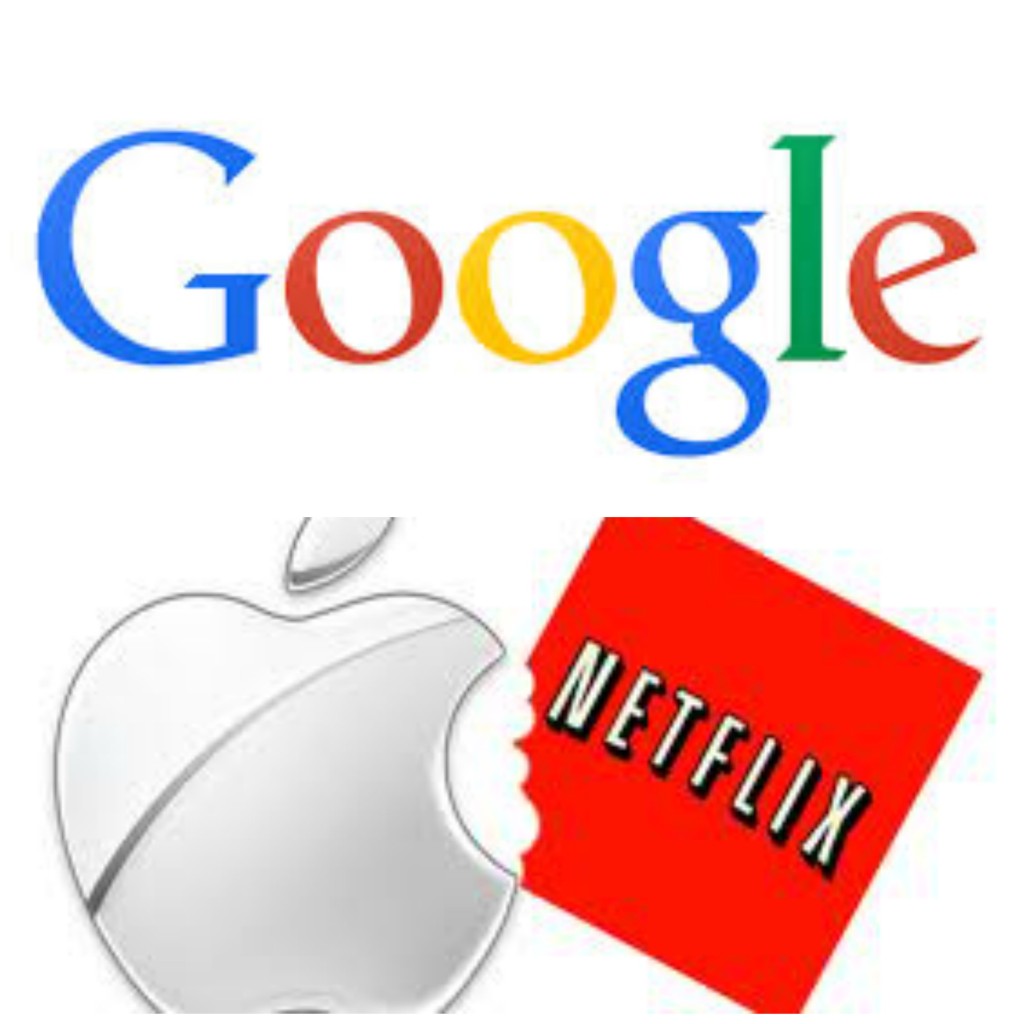As many in the digital and tech community know, the issue of Network Neutrality, Open Internet and prioritized access has percolated again to the top of many tech policy issues agendas.
The topic is pretty opaque and quite dense for average consumers and Internet users to navigate. Understandably, many are staying out of the debate altogether since they are unlear about all the implications, the parties involve and what is at stake.
Compounding the complexity of this matter is the fact that both sides claim to be for freedom on the net. Both sides claim that the other is trying to stifle innovation and enterprising start ups have web-based businesses. Both say they want an open and free internet.
Just their tactics on how to make sure there are no fast or slow lanes or discrimination favoring affiliated companies differ.
For a while, we were of the impression that Google, Apple and/or Netflix wanted to change the current regulatory framework so that traditional ISPs would be subjected to Title II of the federal communications act and be prohibited from requiring certain customers to pay for prioritized or faster access.
But a recent piece by Fred Campbell in the Center for Boundless Innovation in Technology revealed that those groups too, who are “edge” providers, technically, would be also subject to the regulations that were created in 1996 and applied back then to plain old telephones, the Ma Bells of the Hay Day.
Check it:
A brief review of the prevailing theories of communications regulation in different eras is helpful in understanding why many companies that are considered ‘edge’ providers today would inevitably be subject to common carrier regulation if the FCC imposes per se net neutrality regulations under Title II.
There is more at stake than net neutrality in the reclassification debate at the Federal Communications Commission (FCC). Imposing per se prohibitions against business-to-business arrangements involving ‘paid prioritization’ under Title II would be a radical departure from the core principles embodied in our communications laws. Yet the nature of this departure and its predictable consequences have received little attention thus far. That must change.
By its own logic, the theory of ‘gatekeeper control’ the FCC relied on to justify its imposition of per se net neutrality rules extends to any Internet intermediary that is capable of blocking, degrading, or favoring particular Internet services, applications, or content. If the FCC were to apply this theory under Title II, it would be required to impose net neutrality obligations on a host of Internet companies that have not been subject to common carrier regulation, including Google, Apple, and Netflix.
The curiouser and curiouser.
What do you make of this?

